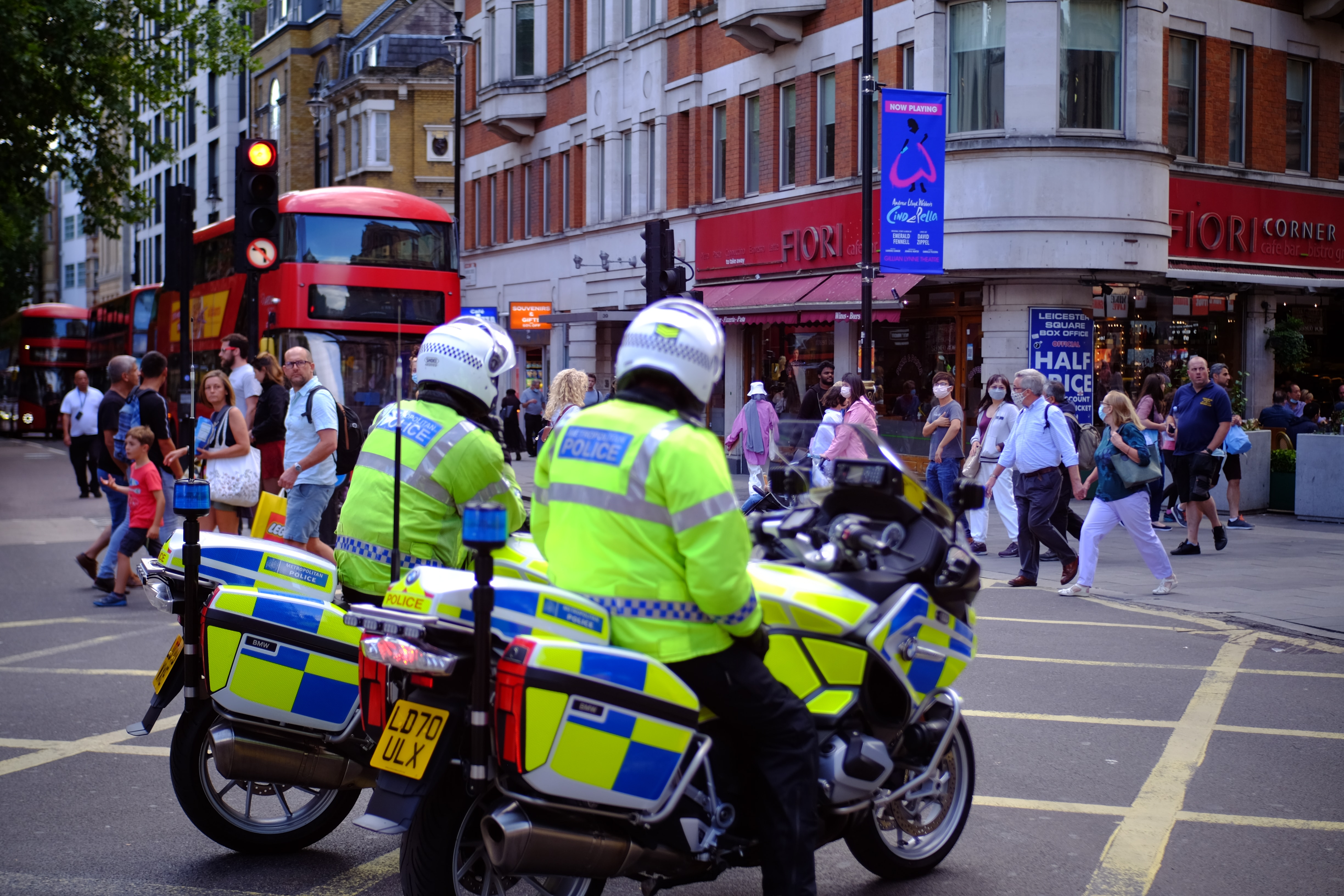Police ‘enabling dangerous officers’ with high rate of complaint failures in England and Wales

Campaigners are calling for the police to be stopped from “marking their own homework”, after the Observer found 40% of internal investigations by forces into serious complaints were overturned following independent reviews.
This newspaper identified 1,532 finalised complaint cases from April 2022 to March 2023 involving forces in England and Wales where the outcome was found to be “not reasonable and proportionate” after a review.
In the vast majority of these cases, the forces were given recommendations or directed to take further action, including disciplinary and misconduct proceedings.
At 14 police forces, 50% or more of their internal investigations were found “not reasonable and proportionate” after independent reviews.
Most forces saw between a quarter and half of their internal investigations failing during reviews, with just three forces recording less than 20% being found “not reasonable and proportionate”.
Complaints about officers, which can range from serious instances of criminal misconduct to misdemeanours, are internally investigated by the forces that are subject to the complaint. In a small number of the most serious cases, complaints can be passed on to the Independent Office for Police Conduct (IOPC) to investigate.
In 2020, the government gave the right to a complainant to seek a review of the handling and internal investigation of their complaint, either by the local police and crime commissioner or in serious cases, independently by the IOPC.
In 2022, 5,600 complaint investigations involving English and Welsh forces were reviewed and 27% were overturned. For the 1,500 IOPC reviews, the figure rose to 40%.
Cumbria constabulary were the worst performing force, with 87% of their reviewed internal investigations being found to be flawed by the IOPC.
At West Midlands police, 281 internal investigations – or two-thirds of those reviewed by the IOPC – were found “not reasonable and proportionate”. In Liverpool, the IOPC overturned 56% of the Merseyside police internal investigations it reviewed.
The Metropolitan police had their internal investigations overturned by the IOPC on 123 occasions last year. That was the highest single number of any force and equivalent to 41% of all Met cases the IOPC reviewed.
“This is yet another stark example of why police forces should never be allowed to mark their own homework,” said Holly Bird, policy and research officer at policing reform group StopWatch.
“The police say they’re serious about rooting out so-called ‘bad apples’, but what this data tells us is that the system itself is enabling and facilitating the behaviour of dangerous officers.”
Spokespeople for the Met and Merseyside police did not respond to a request for comment.
Ch Supt Sam Ridding, head of professional standards at West Midlands police, said the force had already made changes to their complaints process that had seen “significant improvements” in response times and the number of upheld reviews since last year.
Cumbria constabulary said they have followed all recommendations made by the IOPC in regard to their complaint casesand stressed the figure was high because of the relatively low number of cases – six – that were reviewed by the IOPC.
They added that only one case had led to a fresh investigation into an officer and that the IOPC recommendations mostly involved their officers being sent through an internal review process with managers rather than formal disciplinary action.
A Home Office spokesperson stressed that the “vast majority of complaints about the police are about the delivery of duties and service and do not concern misconduct”.
An IOPC spokesperson said that about four in five complainants choose not to exercise their right of review. “We want to see the number of requests for review reduce and we continue to work with forces to get complaint handling right first time.
“But when this does not happen, the review system ensures there is independent scrutiny applied to complaints that forces have handled themselves.”
Source: (The Guardian)

